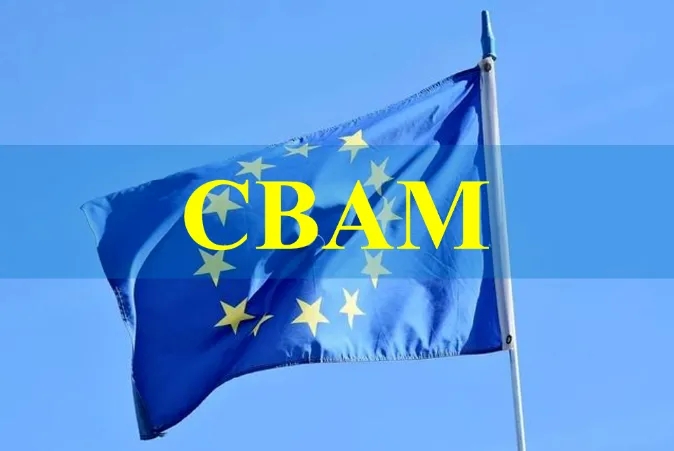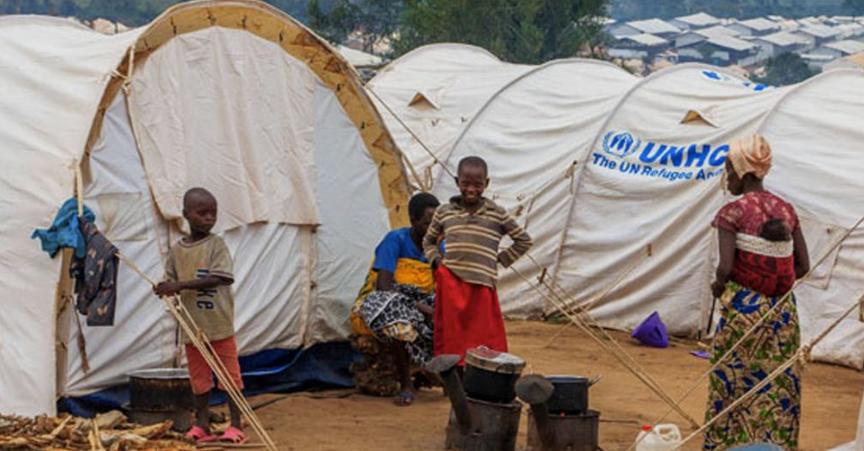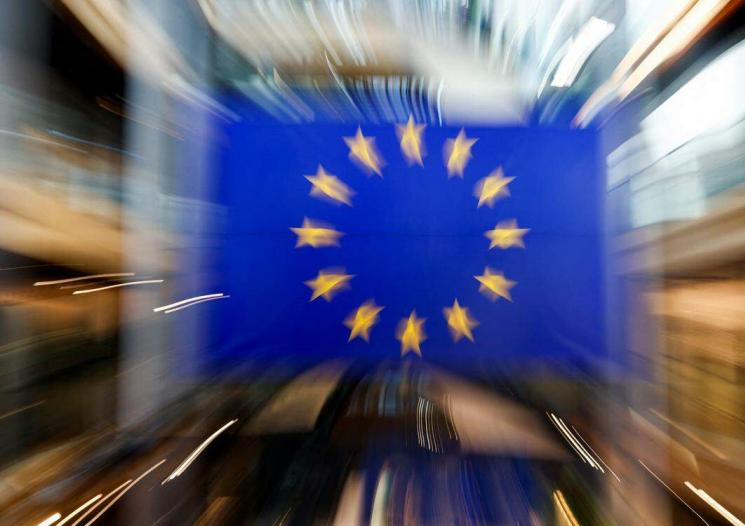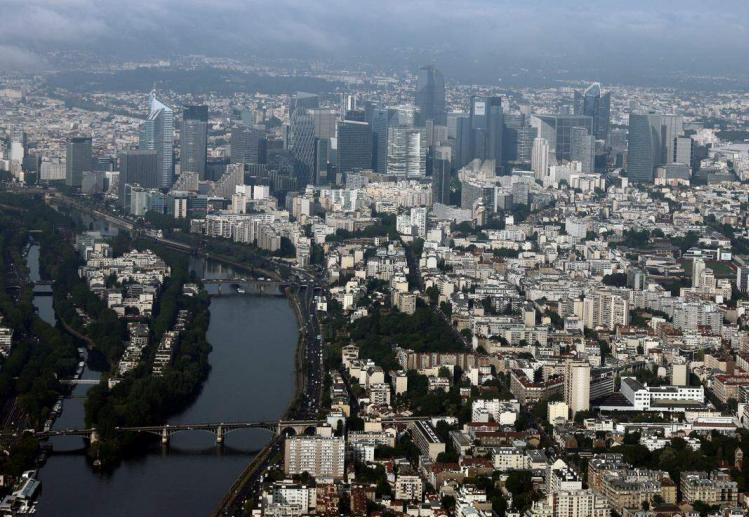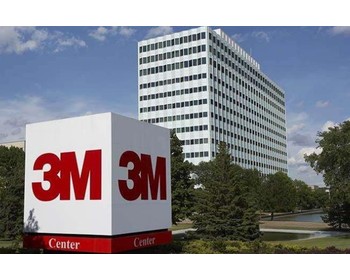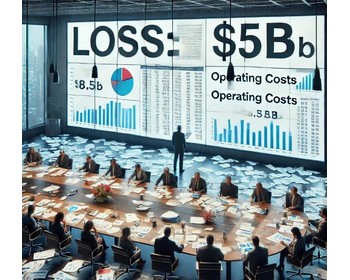Recently, the UK government officially announced that the UK Carbon Border Adjustment Mechanism (CBAM) will be implemented from 2027. The product categories initially covered include aluminum, cement, ceramics, fertilizers, glass, hydrogen, and steel. The UK government claims that CBAM is being implemented to prevent "carbon leakage", but carbon leakage is a controversial concept and not everyone is buying into it.
The authority pointed out that the British CBAM's move is a similar measure to the EU CBAM, and its motivation is similar to that of the EU CBAM: first, to ensure the so-called "fairness of the cost of coping with climate change"; The second is so-called "carbon leakage", in order to protect domestic manufacturers from moving high-carbon enterprises out of the country; Third, encourage countries that have not yet started carbon pricing to adopt market-oriented models as soon as possible to promote the global response to climate change; The fourth is to promote the decarbonization process in major economies to guide the standard-setting of the global carbon market. However, in general, whether the UK CBAM or the EU CBAM, the essence is not only to prevent carbon leakage, but also to protect trade.
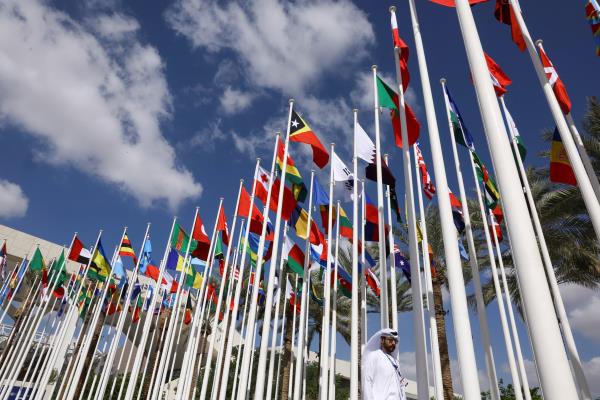
CBAM mechanism is to reduce the asymmetry in carbon emission cost of domestic and foreign enterprises by adjusting import prices, so as to protect the trade competitiveness of local enterprises, which may cause problems such as green trade barriers. At the same time, the carbon tariff rules and carbon price level are based on the development status of developed countries, and there is a distance between the economic and technological level of developing countries. This will cause developing countries to bear greater economic costs, and to some extent violate the principle of "common but differentiated responsibilities" stipulated in the Paris Agreement of the United Nations Framework Convention on Climate Change.
What is more worrying is that the setting of "carbon barriers" is becoming a common practice in developed countries and regions. With the implementation of carbon peaking and carbon neutrality programs in many countries and regions around the world, "carbon barriers" to curb carbon emissions are becoming a new phenomenon and gradually becoming a common practice. It is reported that in the context of the EU and the UK considering or implementing the carbon border regulation mechanism, there are also voices in the United States that hope to use the carbon border regulation mechanism as an opportunity to strengthen its climate leadership and cooperation with Allies, and develop its own carbon border regulation mechanism or carbon pricing scheme in line with the EU carbon border regulation mechanism and other international standards. To protect and strengthen the climate competitiveness of U.S. manufacturing.
Indeed, in the new round of global trade competition, developed countries and regions have made use of their own technological advantages and good industrial foundation to introduce various innovative institutional arrangements such as carbon emission regulations and standards, with the purpose of maintaining their own advantages in the "dual carbon" process, and at the same time hoping to achieve the purpose of curbing the import of competing products from other countries. In recent years, countries including the United States, Japan, and Canada have introduced some hidden "carbon barriers" measures. The United States has previously raised additional taxes on imported chemical petroleum and other products, although there is no carbon in the name, but the essence is formulated for carbon emissions. In addition, the Clean Air Act and its amendments regulate air pollutants from a variety of sources, including manufacturing, including greenhouse gases. For example, Canada's "environmental options", Japan's "ecological signs" and "basic policies for achieving green transformation" are basically formulated by developed countries, setting up "carbon barriers" for many developing countries and emerging economies.
Not long ago, the 28th UN Climate Summit was just concluded. Developing countries will face further increased costs for their domestic industries when exporting to the UK and the EU in the future, and this has become one of the main points of contention at the 28th UN Climate Summit. There is clearly a risk that CBAM could spark a green trade war. Whether developing countries will "hit back" with retaliatory tariffs next remains to be seen, but there are signs that the environment is slowly becoming the new international battleground for rights.

